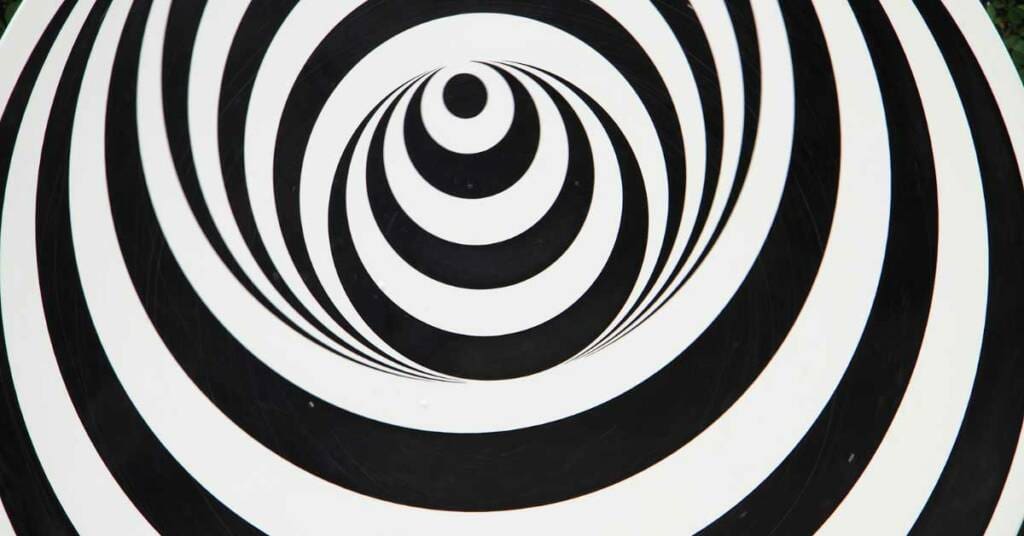Hearing loss and dizziness
Dizziness and hearing loss can at times be part of a much bigger problem. In combination, they are often connected to Meniere’s disease. This is an inner ear condition that can cause significant vertigo. Other markers include a feeling of pressure in one ear, ringing in the ear (tinnitus), and hearing loss. In addition, lesser-known side effects include anxiety, nausea, diarrhea, shaking, and a cold sweat.
Hearing impairment and vertigo
When experiencing an episode, falling is common. It’s important to stay still, and definitely not drive, or do anything that will compromise your safety or others. It’s also important to stay in a dimly lit room and find a place to fix your gaze to gain control of the spinning sensation. Moreover, consider cutting out cigarettes and alcohol, as well as lowering your salt intake. In addition, you should cut down on caffeine, chocolate, and MSG (monosodium glutamate). An attack can last from 20 minutes to a full 24 hours. These experiences are followed by extreme exhaustion. It’s essential to take some time to recover.
Causes of Meniere’s disease
Researchers believe there are a number of circumstances that can cause this disease. They include poor drainage of the ear, an autoimmune disease, migraines, allergic reactions, or a virus. Meniere’s disease also runs in families so it is believed that it can be genetic. Interestingly, it can also be brought on by stress, fatigue, or an underlying illness.
Who does it affect?
This condition seems to occur more in young and middle-aged people. However, it can happen at any age and should be investigated thoroughly, as it can be a symptom of a bigger health issue.
Diagnosis
Hearing test
If you are experiencing hearing loss and dizziness, it’s important to have a hearing test. A hearing test will determine whether you are able to make out different sounds and pitches of normal speech. If there is a problem in the inner or with a nerve in the ear, this can be diagnosed with specialized testing. Doctors are then able to pinpoint whether the problem is with your inner ear or your ear nerve.
Balance tests
A balance test is necessary to test the function of your inner ear. Those suffering from Meniere’s disease will have less of a balanced response in one of their ears.
Other tests
To investigate thoroughly, a series of tests are used to take a look at the brain. It’s important to rule out other possibilities such as Multiple sclerosis (MS) or brain tumors. Both of these can cause symptoms similar to Meniere’s disease. In addition, a head MRI or a cranial CT scan could be necessary to rule out MS and brain tumors. In order to treat Meniere’s disease, medication for motion sickness is recommended to reduce the feelings of dizziness, nausea, and vomiting. A diuretic might be prescribed to reduce the amount of fluid in the body. This could impact inner ear fluid and reduce symptoms. Dizziness and vertigo can be symptoms of a larger health issue and should be looked into further. Contact your physician if you feel dizzy and have vertigo.
Sources: WebMD, Mayo Clinic
Recent articles…
Discover more from Brampton Audiology
Subscribe to get the latest posts sent to your email.


